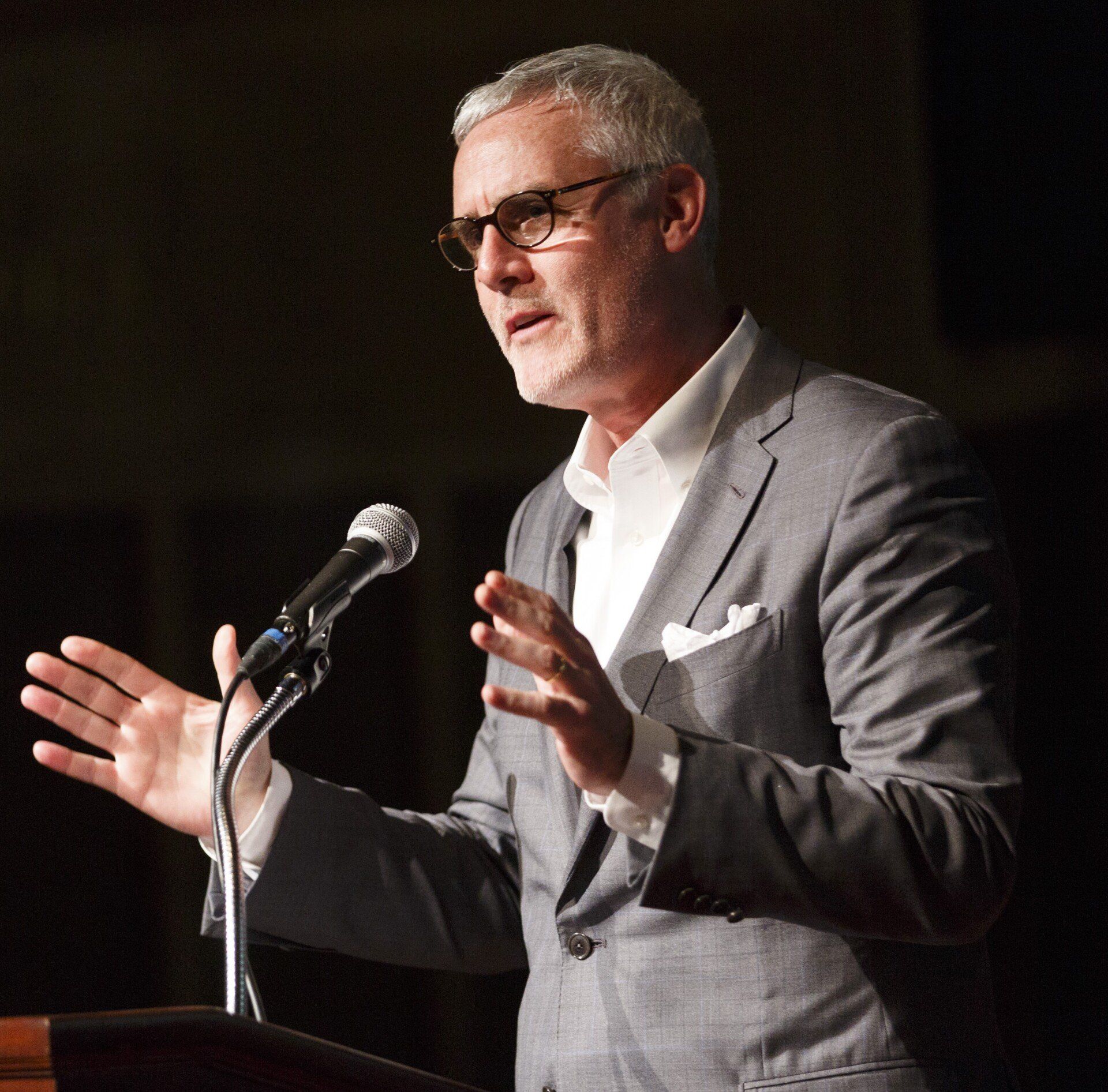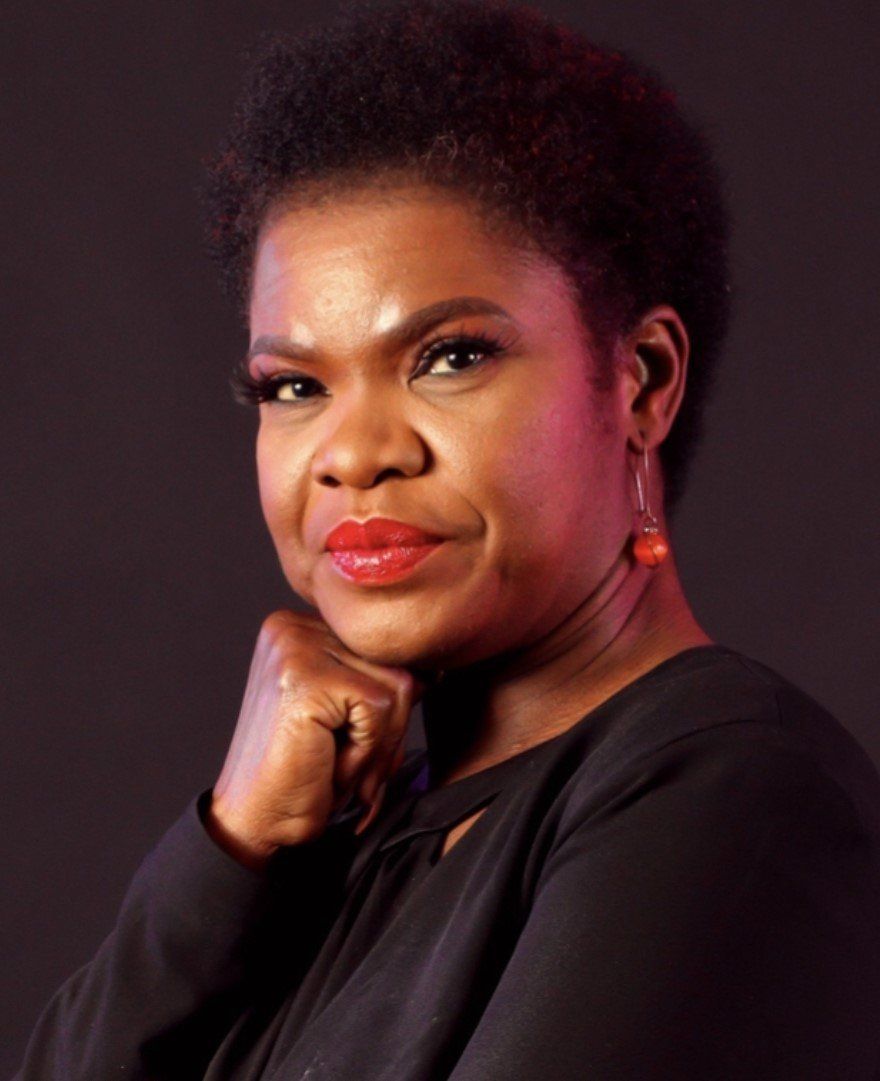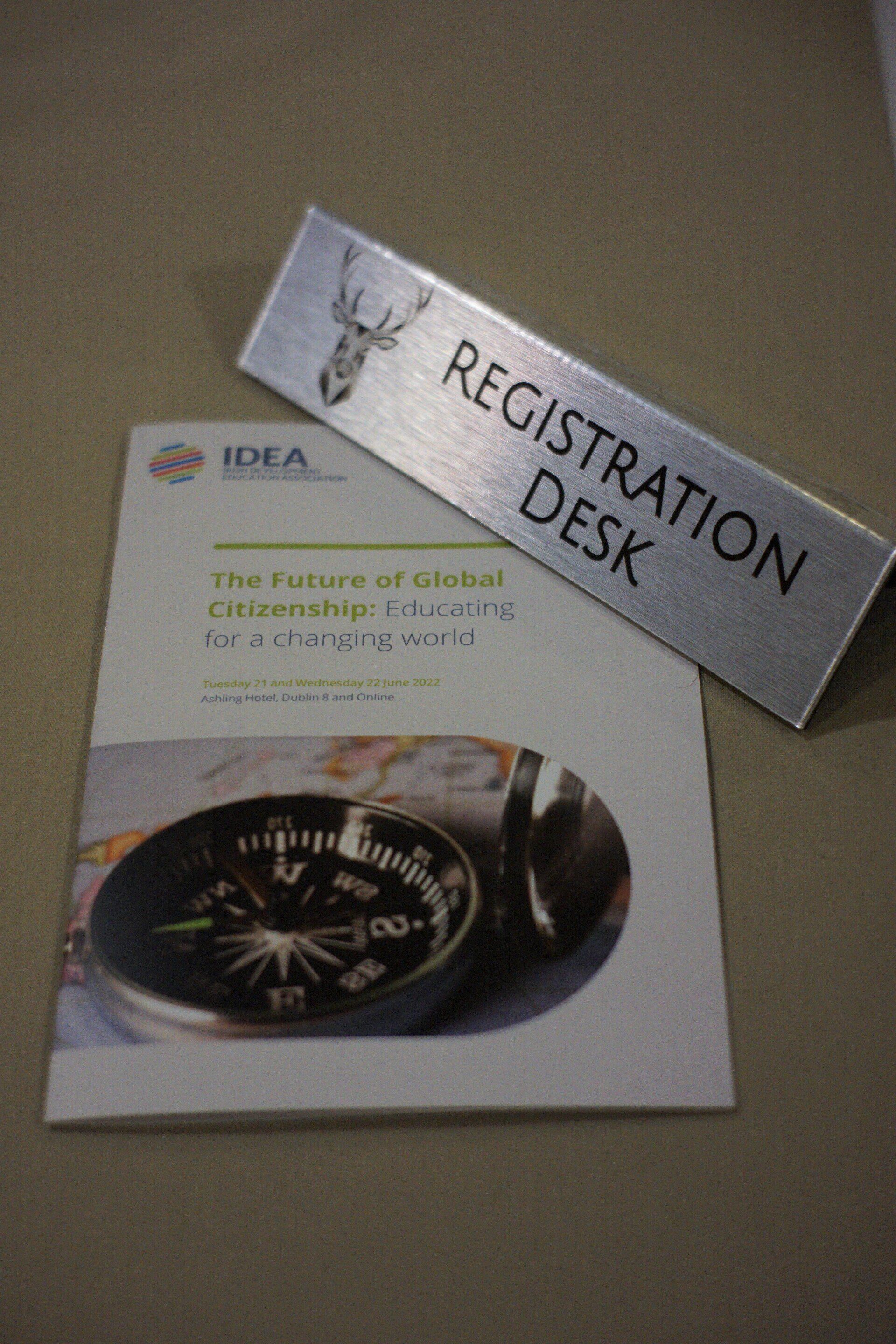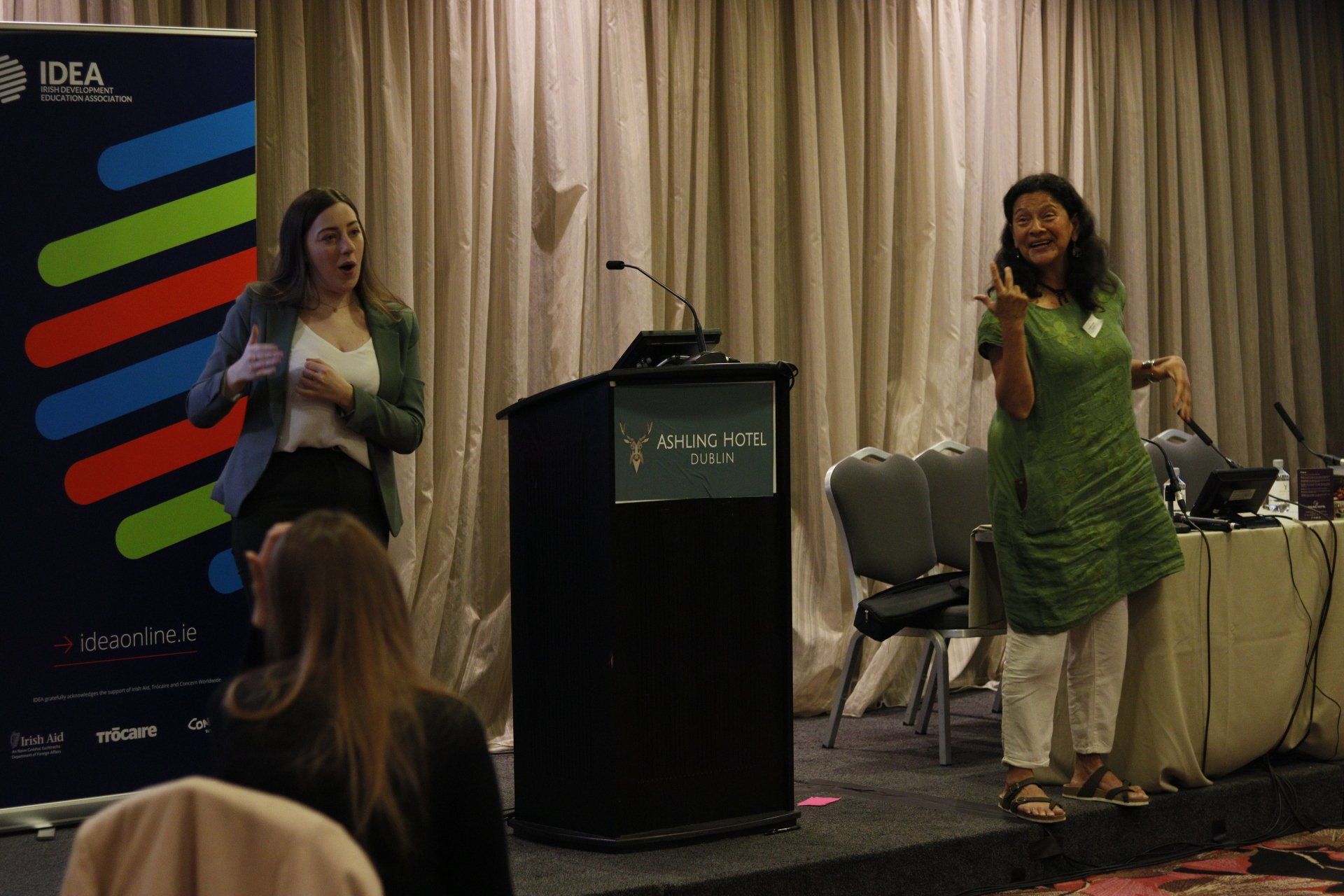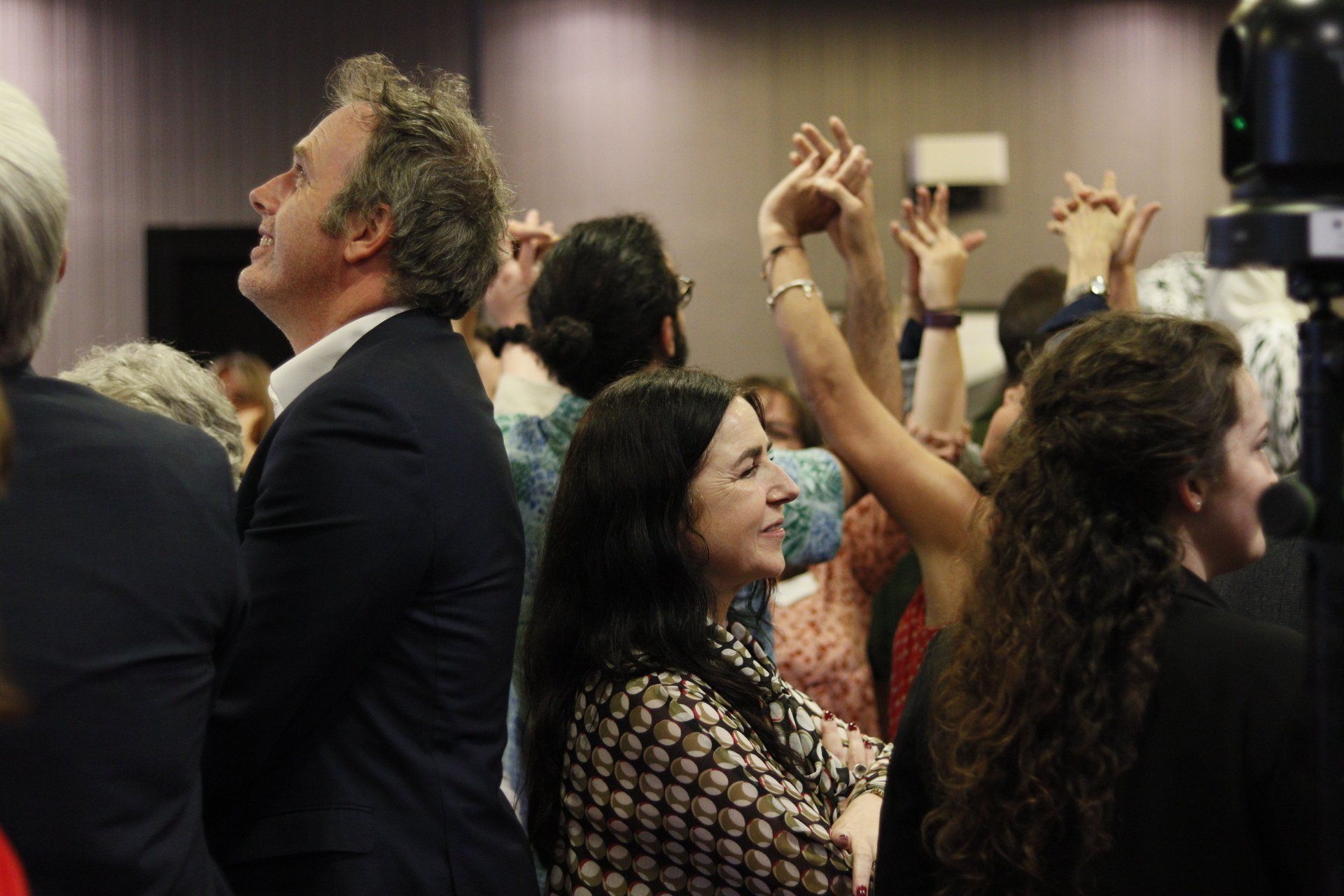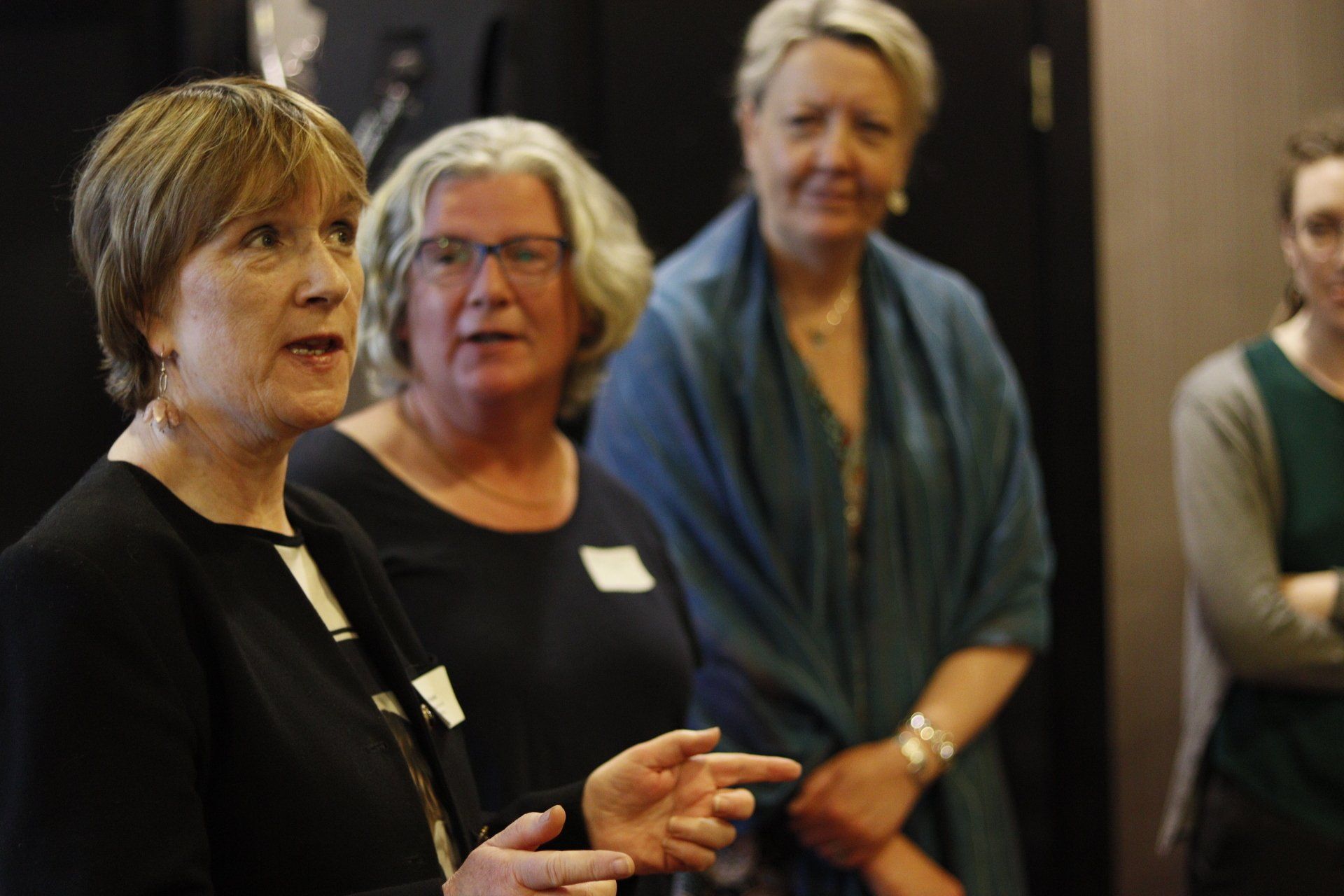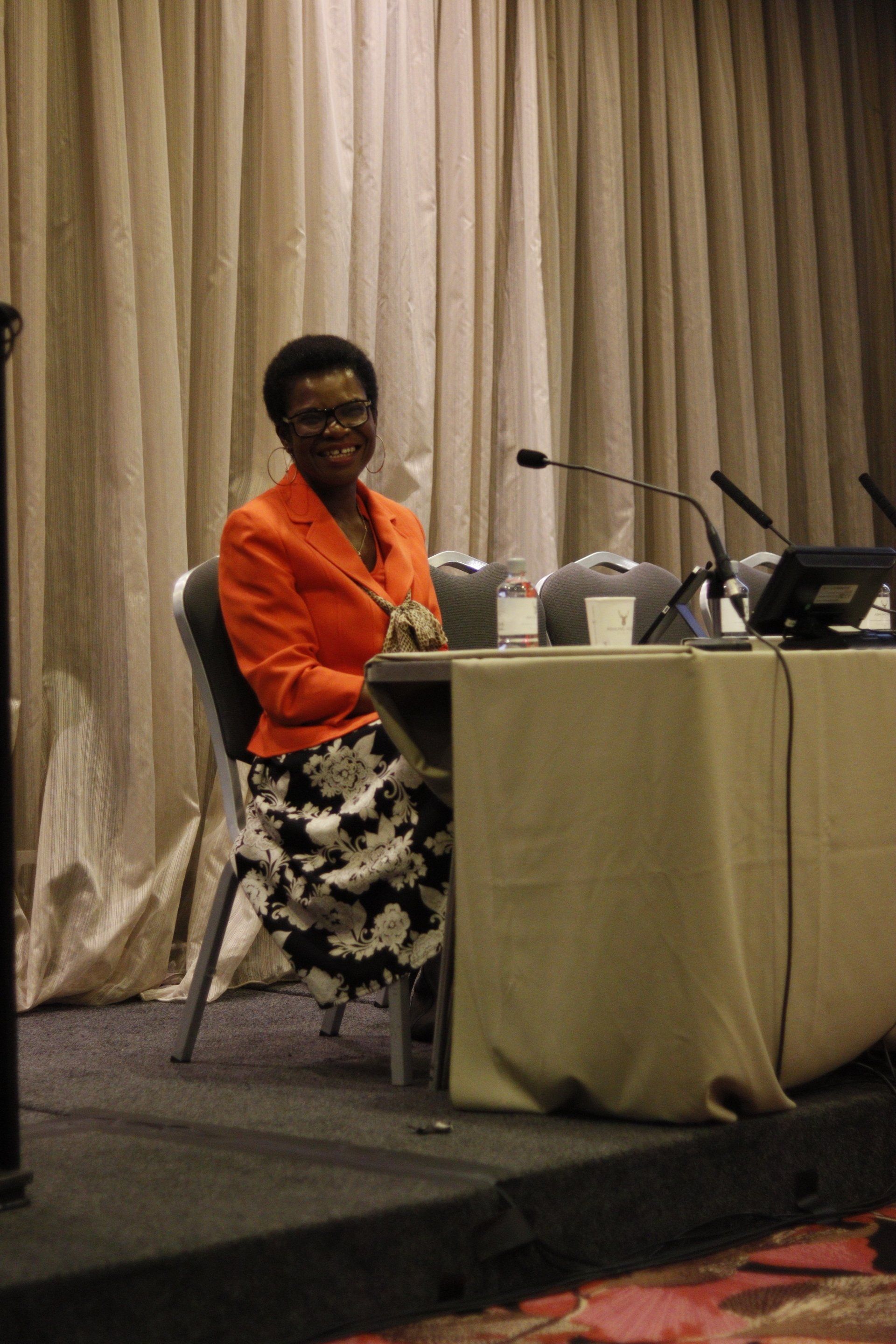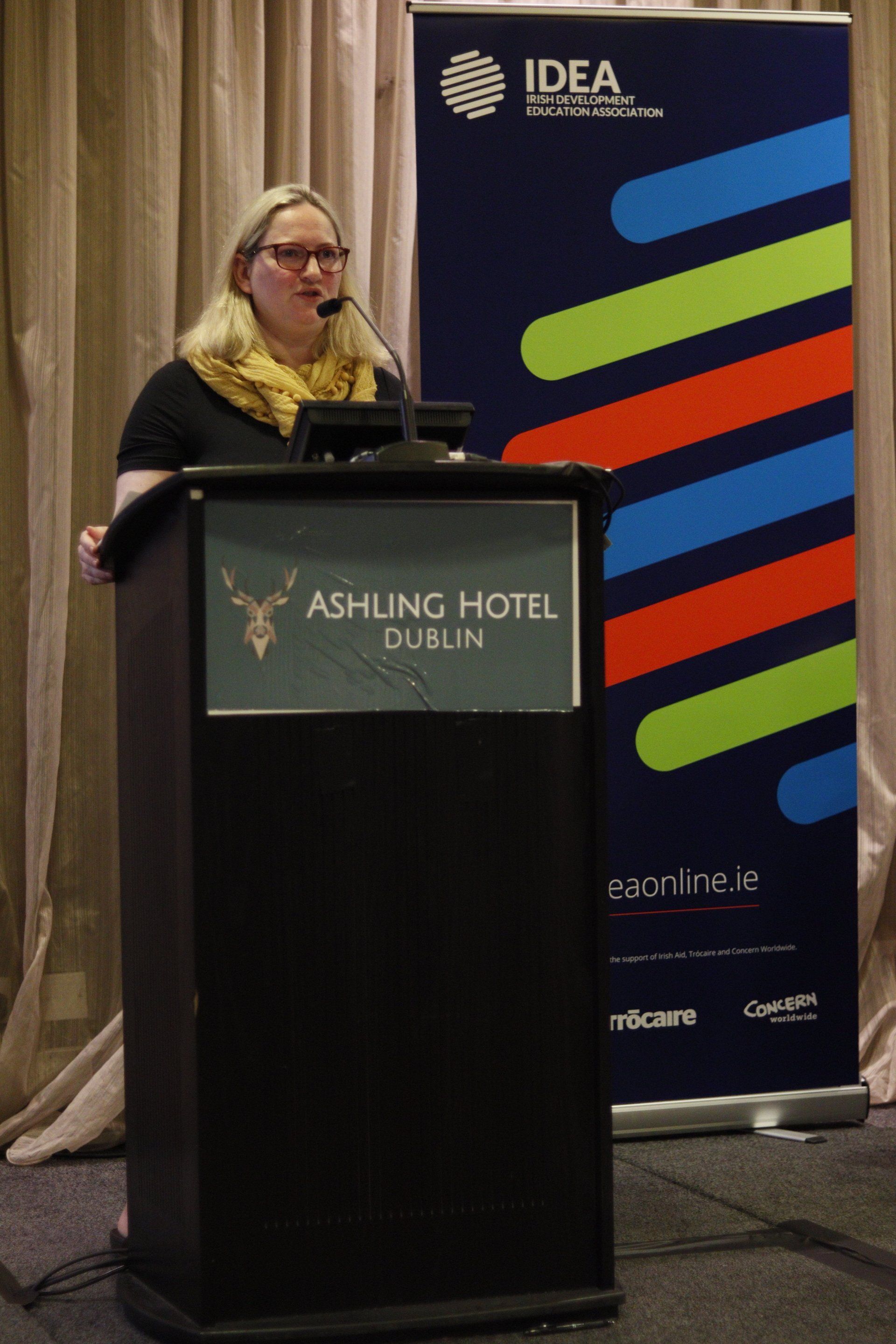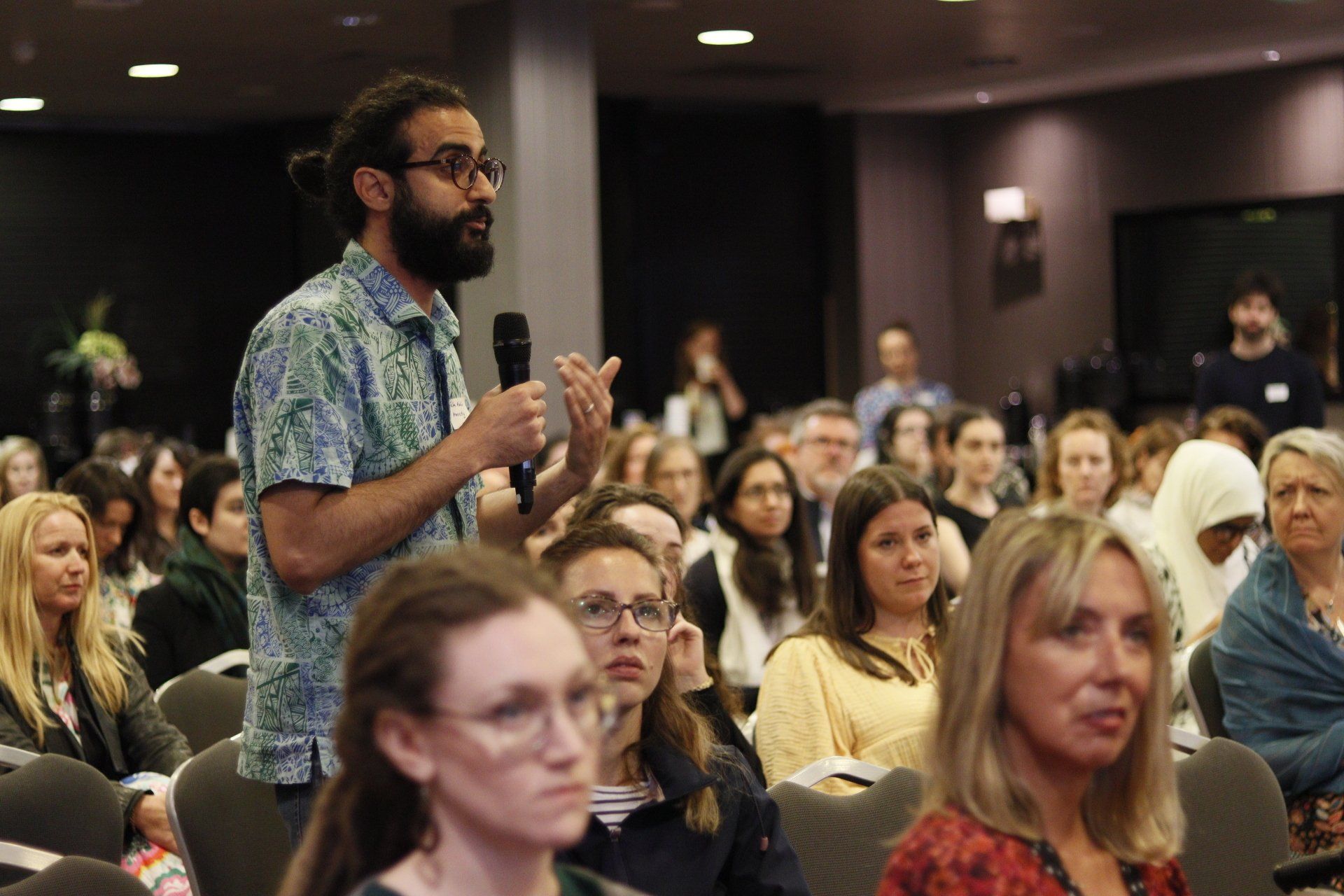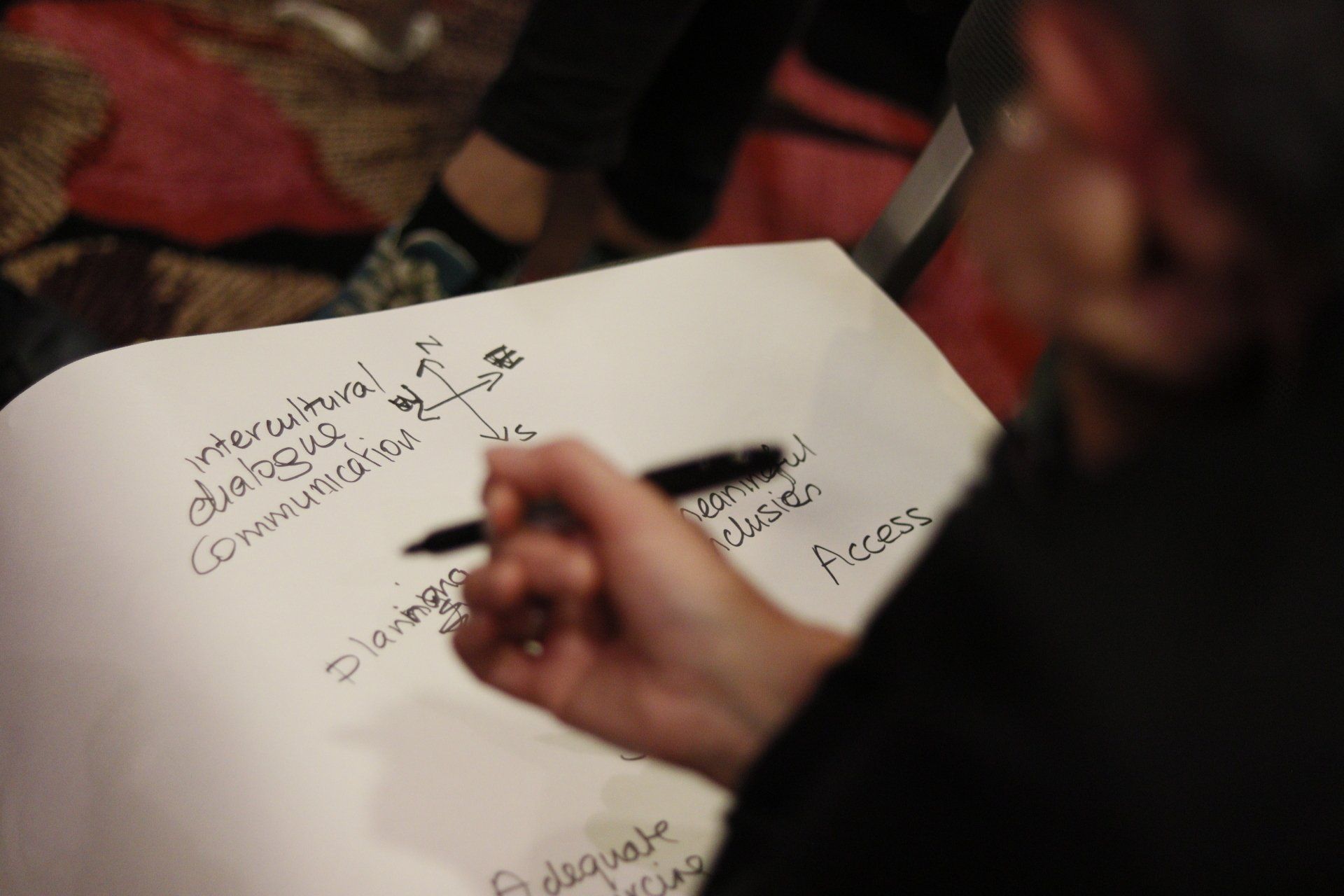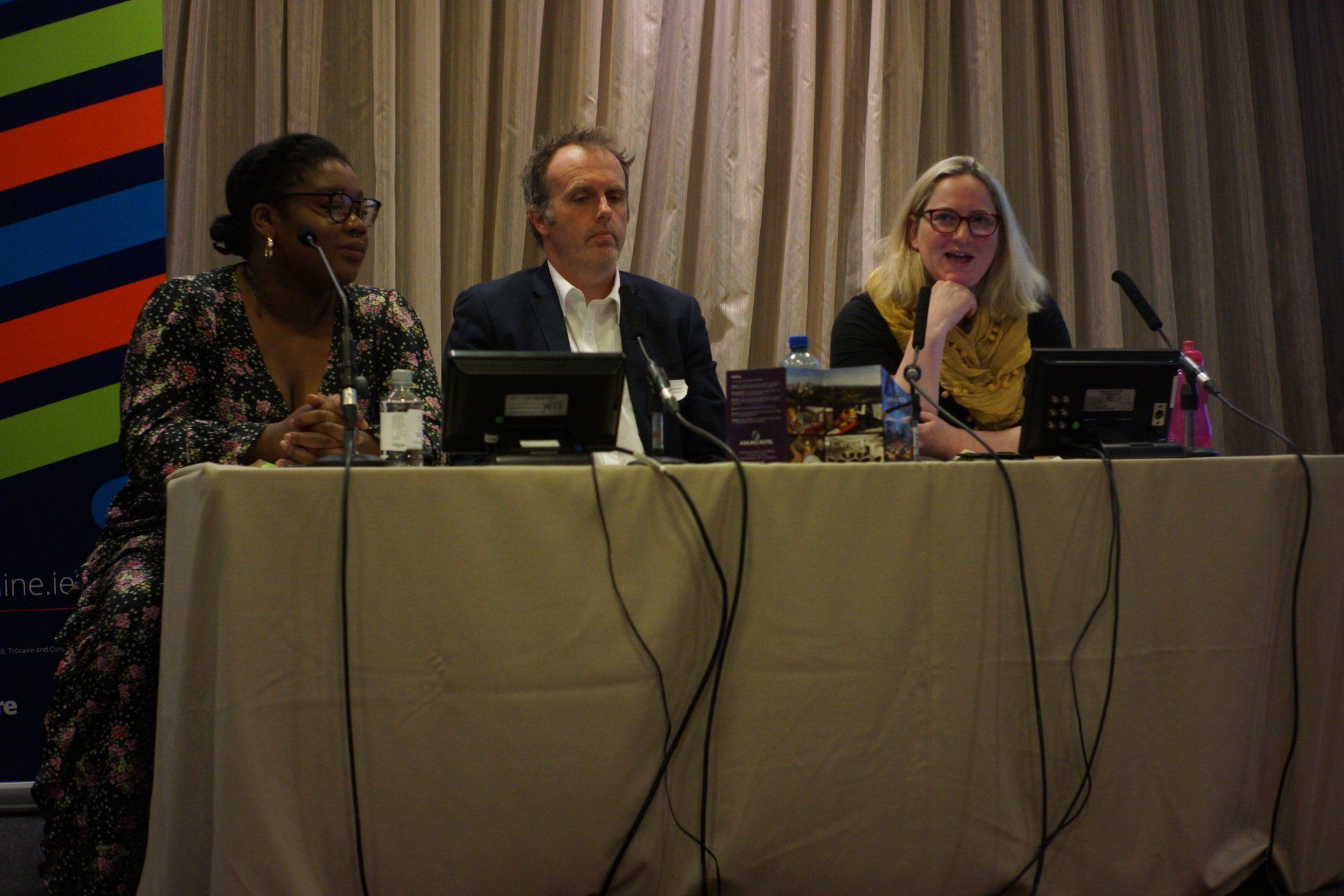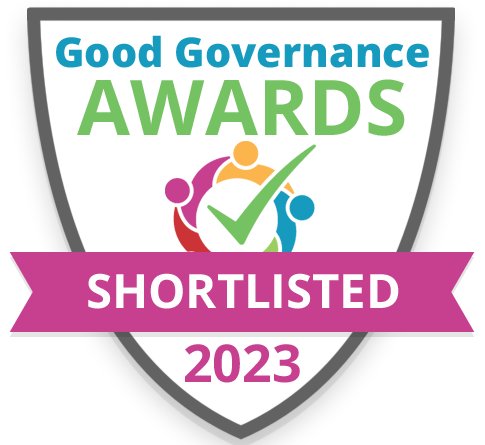IDEA Annual Conference 2022
IDEA Annual Conference 2022
The Future of Global Citizenship: educating for a changing world
Tuesday – Wednesday, 21-22 June 2022
We are living in a time of great change. From the upheaval of the Covid 19 pandemic, to the push for systemic change to tackle racism and the climate emergency. Technology is allowing people to connect and mobilise around issues in a way that hasn’t been seen previously in history, but this is also fueling an increase in polarisation and division.
While the scale of the challenges facing can be overwhelming, we need to be effective and collective in our response to these issues. This will require skills that support interconnected global learning, critical thinking and effective action. Some of the questions we explored include, the role for Global Citizenship Educators in the coming years, what changes we need to make to respond effectively to what’s coming down the line, and what skills will be needed.
This conference was an opportunity to come together to explore the future of global citizenship & educating for a changing world. We ran a range of sessions across the 2 days including an Opening Conversation, a Panel Session, 2 Reflection Sessions, and 4 Workshops.
Key Elements of the Conference
Opening Conversation
The speakers at the Opening Conversation were:
Dr. Peter T Coleman, Professor of Psychology and Education at Columbia University, Director of the Morton Deutsch International Center for Cooperation and Conflict Resolution (MD-ICCCR), and Executive Director of Columbia University’s Advanced Consortium on Cooperation, Conflict, and Complexity.
Dr Ebun Joseph, Diversity and Race Relations Consultant, Module Coordinator and Lecturer in Black Studies at University College Dublin (UCD), Director of the Institute of Antiracism and Black Studies (IABS), Founder and Chairperson (2018-2022) African Scholars Association Ireland (AFSAI).
Panellists
- Ikal Ang'elei, Environmental Activist & Goldman Environmental Prize Awardee
- Mamobo Ogoro, Activist, Founder of Gorm Media, Award Winning Scholar, and Artist
- Dr Audrey Bryan, Associate Professor of Sociology in the School of Human Development, Dublin City University
- Bobby McCormack, Co-founder and CEO of Development Perspectives
Workshops
Photographs

